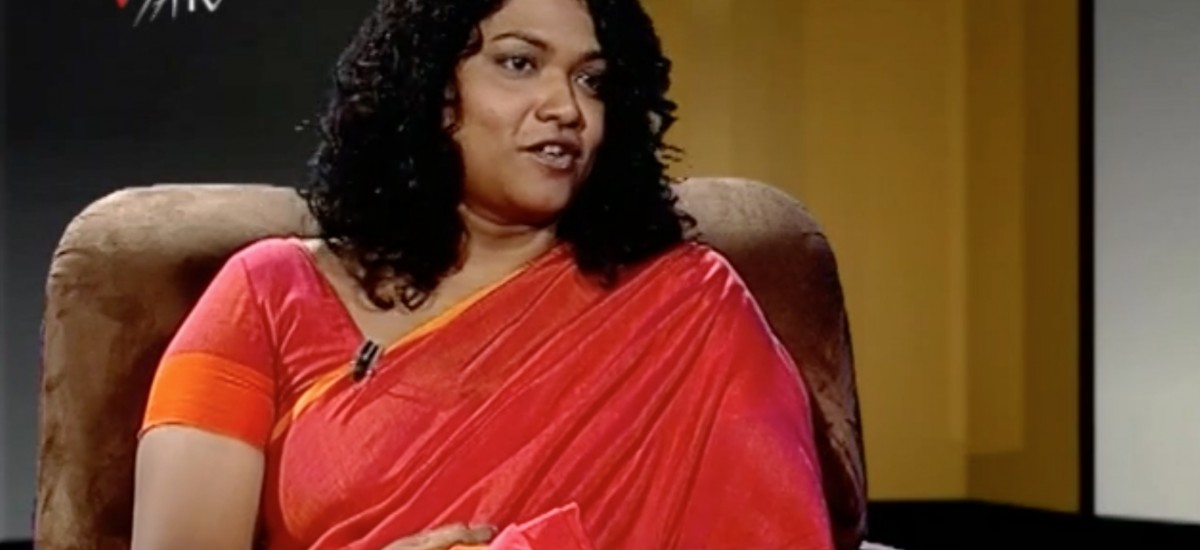Ruhanie Perera is a founding member of the Floating Space theatre company, based in Sri Lanka. Groundviews has both featured and reviewed compelling productions by Floating Space and directed by Ruhanie.
We begin by talking about why Ruhanie founded a new theatre company seven years ago, and how the name of the company came about. Ruhanie speaks around how the company reflects her approach to and understanding of theatre, along with others in the company. Then focussing on a previous interview to the media, Ruhanie is asked why, for her and the company, theatre needs to be ‘accessible’ and what this really means. Given the nature of the company’s productions, which from site-specific performances to more experimental theatre, Ruhanie is asked how audiences respond. We go on to talk about productions that deal with trauma, and question Sri Lanka’s violent past. Ruhanie goes into how the unbearable, the unspeakable and even the unthinkable find their way into Floating Space productions and what this means for a performer, the performance and audience.
We talk about censorship, which the company has faced in the past with the Public Performance Board, and how she engages with it without losing out on artistic integrity. Going on to speak about the lack of self-reflection in theatre (particularly in English language theatre), Ruhanie speaks to why it is important to her to look back at her own acting and productions.
We go on to talk about the economics of doing theatre in Sri Lanka, and why it is so difficult to secure funding and support for the kind of productions that Floating Space does in particular, and serious political theatre in general. We look at her experience of funding a production through KickStarter, and whether she would consider it again in the future. This leads us to the fundamental question: would Ruhanie accept funding by the Government of Sri Lanka for a production by Floating Space?
Towards the end of the interview, and also stemming from Ruhanie answer to the question posed earlier, we go into how as a performer and through Floating Space, Ruhanie explores post-war Sri Lanka’s enduring conflict and the tensions that arise as a consequence of doing theatre that poses hard questions. Going back to where we began, Ruhanie goes into why theatre in any space, and not just in a traditional theatre is important. She then goes into what kinds of spaces – conceptually as well as geo-spatially – can help the kind of productions Floating Space is interested in doing.

